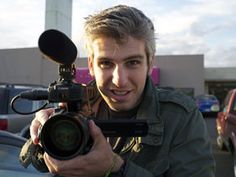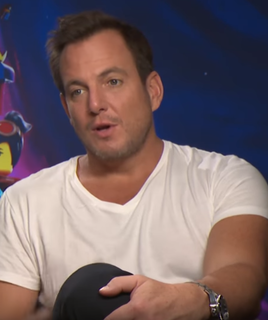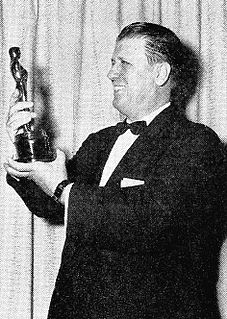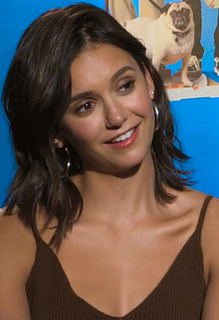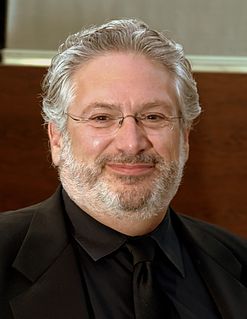A Quote by Max Joseph
On 'Catfish,' I'm a co-host and onscreen cameraman, maybe the second onscreen cameraman after Wes Bentley's turn in 'American Beauty,' which is funny and ironic. But before that, I'd been doing a lot of creative nonfiction.
Related Quotes
I don't think I can break down any doors, but I'm thinking, "Maybe I can be a cameraman, because I love the cameras." And the cameraman would show me how to thread the film, how to repair it, the lenses. That's when you become, like, goony goo-goo about it. You breathe and eat camera, and all of a sudden, you don't want anything else in the world. You finally know, "This is my calling." When you're passionate about something, it doesn't become work. It's art and it's fun. It's arduous, it's sweaty.
When I move from being a cameraman to being a director I looked at a lot of other cameramen who tried to make the move. And in each case they moved up their camera operator to be the DP, which really meant they didn't want to give up being the DP, and really wanted to do both. And my feeling was if I was going to succeed as a director, I had to just be a director and give up the safety net of being a cameraman.
I was on a picture for four or five days, had an opportunity to be on a set, and the assistant cameraman kept showing me things. One day I climbed the fence, knowing they needed an assistant cameraman. A couple of days later, I was one. The first day or two, it was pretty disastrous, but I knew something about photography, and I caught on quick.
When that character and the X-Force appeared, they took the comic world by storm. You have to look at those numbers. And you see that that isn't Rob Liefeld's only creation. There's all these other things, like Cable and Domino. There's so many things that actually could be fascinating onscreen and unlike anything you've ever seen before onscreen. So I think Fox is in a really nice position where they've got something that feels as wide and different as the Marvel Universe.
A lot of the good cameraman who we used are doing television work; they're doing commercials for a lot of money. And the commercials look incredible. But what's it about? I made three major commercial campaigns. I enjoyed it, I experimented with it, and at the end of the day I felt no satisfaction. It was like having a fast food lunch.
In general, in all my films, I choose to create a certain mistrust, rather than claiming that what I'm showing onscreen is an accurate reproduction of reality. I want people to question what they are seeing onscreen. In the same way as I used the narrator, I also used black and white, because it creates a distance toward what's being seen. I see the film as an artifact rather than a reliable reconstruction of a reality that we cannot know.
